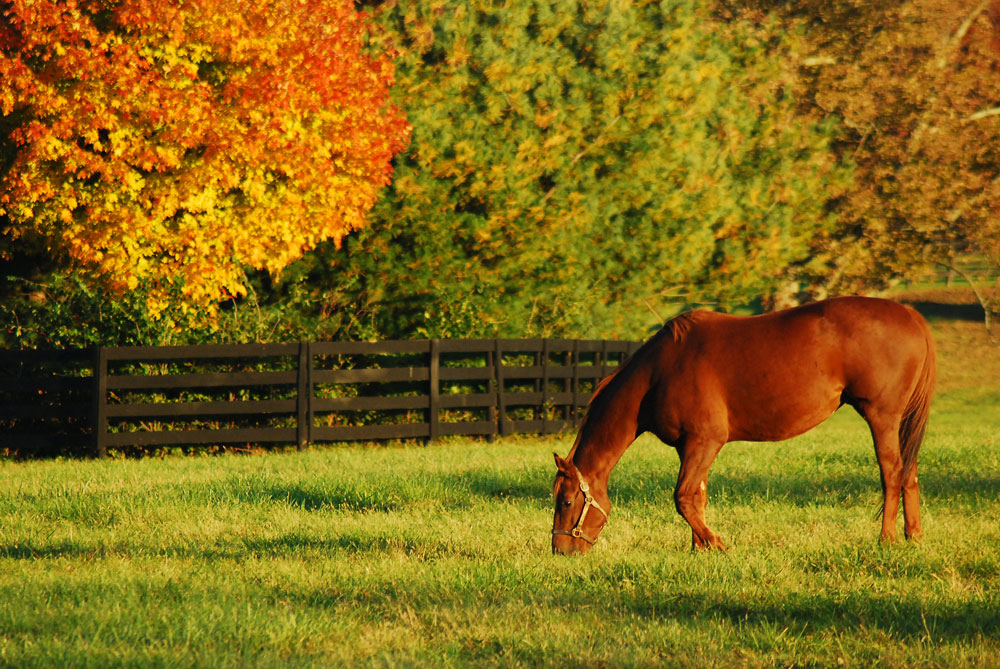
Vitamins have a role as co-enzymes to regulate many body processes. Some vitamins—vitamins C, D and niacin—are synthesized internally and produced by a healthy horse without supplementation. Vitamin D plays an important role in calcium metabolism and is generated by the skin through exposure to sunlight. Vitamin C is produced in the liver and is important for energy production and hormone and amino acid synthesis.
Healthy individuals also rely on intestinal microbial production in the large intestines and cecum of vitamins K and B vitamins (other than niacin).
Vitamin K is critical for appropriate blood clotting as well as bone and cartilage metabolism. B vitamins are important for energy production, building of red blood cells and maintaining appetite. As water-soluble substances, B vitamins that are not produced internally need to be replaced daily in the diet.
Essential vitamins that must be obtained in the diet include vitamin A and vitamin E. Green forage tends to be rich in both of these substances. Vitamins A and E are fat-soluble and stored in the liver so excess amounts can result in toxicity. Vitamin A is an important anti-oxidant, and it plays a role in immune function, vision and reproductive health. Deficiency is evidenced by dry skin and a scruffy hair coat along with increased risk of respiratory infections or intestinal upset and diarrhea.
Vitamin E is an antioxidant important to muscle and nerve function, immune responses and reproductive health.


